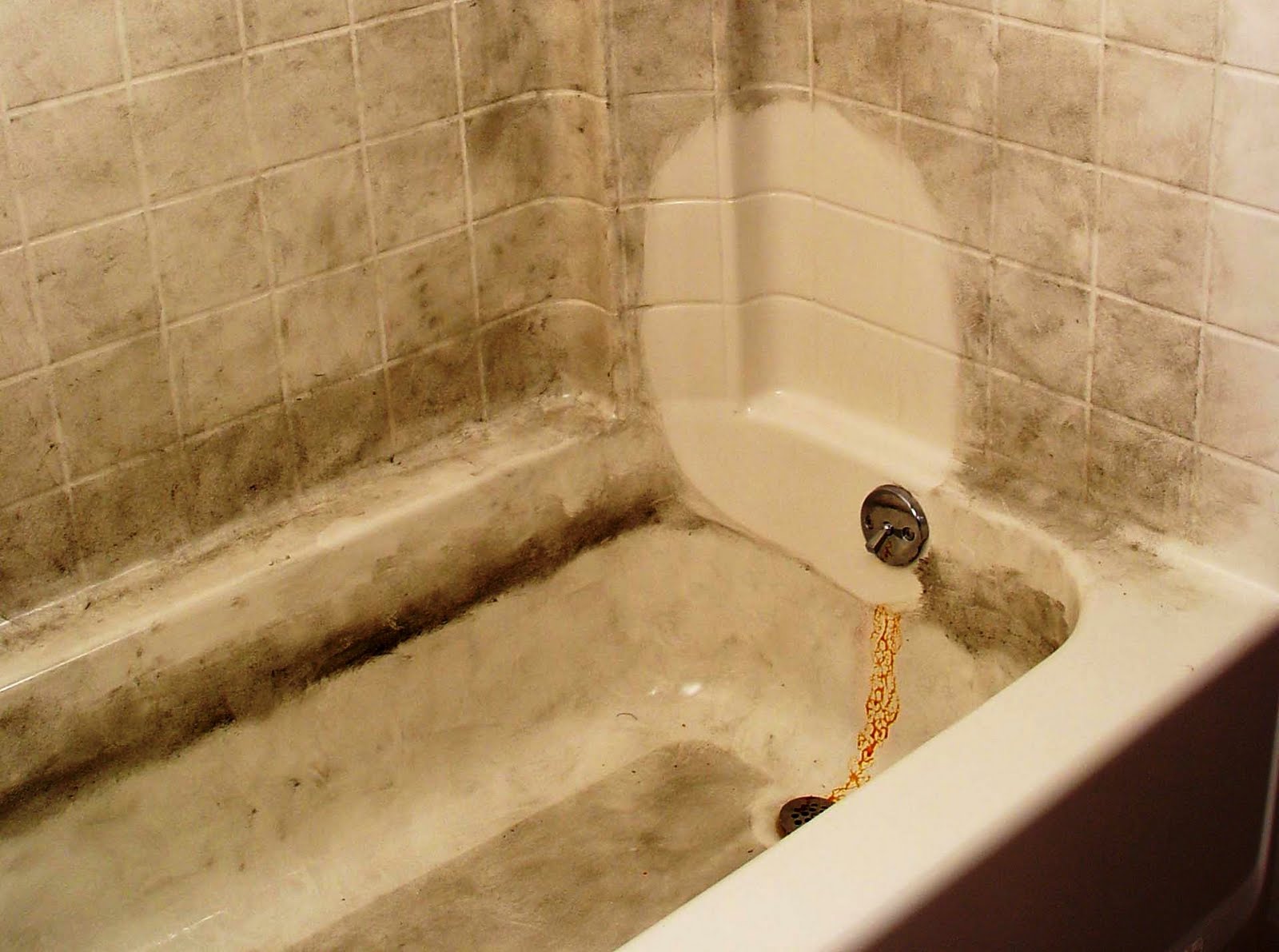Conquer Hard Water Stains: Restore Your Stainless Steel Sink's Sparkle
Is your once-gleaming stainless steel sink looking a little dull, marred by stubborn hard water stains? Don’t despair! It's a common problem, especially in areas with hard water. Those unsightly white film and spots are mineral deposits left behind by evaporated water, but they're not permanent. This guide will arm you with the knowledge and techniques you need to banish hard water stains and restore your sink’s original shine. Let's dive in and discover the secrets to a spotless sink!
Hard water stains, the bane of many a homeowner, are primarily composed of calcium and magnesium carbonates. These minerals are naturally present in water and become more concentrated when the water evaporates, leaving behind a residue. This residue is what causes the cloudy film or chalky white spots on your stainless steel sink. Understanding the nature of these stains is the first step in effectively removing them.
Dealing with hard water stains isn’t just about aesthetics; it's also about preserving the integrity of your sink. Over time, these mineral deposits can etch into the stainless steel surface, making it more susceptible to scratching and dulling its finish. Regular cleaning and stain removal are essential to maintain the sink’s longevity and keep it looking its best.
Cleaning hard water stains isn't as daunting as it may seem. With a few simple household ingredients and the right techniques, you can conquer these mineral deposits and reclaim your sink’s brilliance. From simple wipes with vinegar to more intensive pastes of baking soda, several effective methods can be employed, depending on the severity of the staining.
Learning to tackle hard water stains is a valuable skill for any homeowner. Not only does it improve the appearance of your kitchen, but it also protects your investment by preventing long-term damage to your stainless steel sink. Let’s explore the various strategies for removing these pesky stains and keeping your sink in top-notch condition.
One of the easiest ways to tackle light hard water stains is with white vinegar. Soak a cloth in vinegar and lay it over the affected area for about 30 minutes. Then, simply rinse and dry the sink. For tougher stains, create a paste of baking soda and water, apply it to the stain, let it sit for an hour, and then scrub gently with a soft cloth or sponge. Rinse thoroughly and dry for a sparkling finish.
Benefits of removing hard water stains include: a more hygienic sink, improved aesthetics, and extended lifespan of the sink. A cleaner sink is a healthier sink, free from mineral buildup that can harbor bacteria. A sparkling sink enhances the overall look of your kitchen. And, by preventing etching, you prolong the life of your stainless steel investment.
Step-by-step guide for removing hard water stains: 1. Assess the severity of the stain. 2. Choose your cleaning method (vinegar for light stains, baking soda paste for tougher stains). 3. Apply the chosen cleaner. 4. Allow the cleaner to dwell for the appropriate time. 5. Gently scrub the stain. 6. Rinse thoroughly with water. 7. Dry the sink completely.
Advantages and Disadvantages of Different Cleaning Methods
| Method | Advantages | Disadvantages |
|---|---|---|
| Vinegar | readily available, inexpensive, effective on light stains | may not be strong enough for heavy stains |
| Baking Soda Paste | effective on tougher stains, mildly abrasive | requires more scrubbing, can be messy |
Best Practices: 1. Regularly wipe down your sink after each use. 2. Dry the sink thoroughly to prevent water spots. 3. Use a soft cloth or sponge to avoid scratching. 4. Avoid abrasive cleaners that can damage the stainless steel. 5. For stubborn stains, consider using a commercial stainless steel cleaner.
FAQs: 1. What causes hard water stains? (Mineral deposits). 2. How can I prevent hard water stains? (Dry your sink after each use). 3. Can I use bleach on my stainless steel sink? (Avoid bleach as it can damage the finish). 4. What’s the best way to remove tough stains? (Baking soda paste). 5. Can I use steel wool to scrub my sink? (No, it will scratch the surface). 6. Is lemon juice effective for removing hard water stains? (Yes, it can be used similarly to vinegar). 7. How often should I clean my stainless steel sink? (Daily wiping and a deeper clean weekly is recommended). 8. Can hard water stains permanently damage my sink? (Over time, yes, they can etch the surface).
Tips and Tricks: For extra shine, try buffing your sink with a microfiber cloth after cleaning. A little olive oil on a soft cloth can also help repel water and prevent future stains.
Keeping your stainless steel sink free from hard water stains is a simple yet crucial aspect of maintaining a clean and inviting kitchen. From understanding the cause of these stains to learning the most effective removal methods, this guide has equipped you with the tools you need to conquer those pesky mineral deposits and restore your sink's original luster. Remember, regular cleaning and preventative measures like drying your sink after each use are key to preventing future stains. By implementing these practices and utilizing the tips and tricks provided, you can ensure your stainless steel sink remains a shining centerpiece of your kitchen for years to come. So go ahead, embrace the power of a clean sink and enjoy the sparkling results! Don't let hard water stains diminish the beauty of your kitchen; take action today and experience the satisfaction of a truly spotless sink.
Never get stranded again your guide to amazon battery booster jump starters
Pfp swag black boy cartoon drawing the ultimate guide
Unlocking vancouver wa employment your craigslist jobs guide














